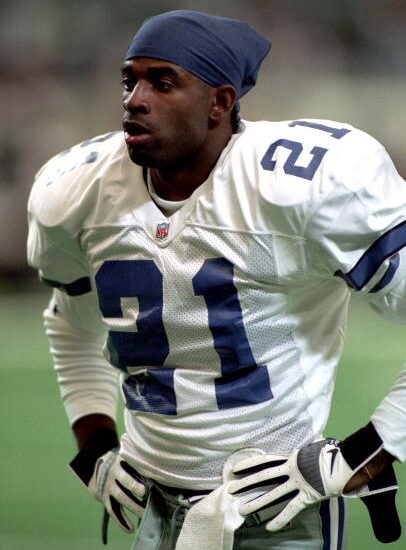sales calls
-
Bob Chronicles Part 6 – When Salespeople Suddenly Make Things Your Problem
- January 20, 2022
- Posted by: Dave Kurlan
- Category: Understanding the Sales Force

Bob was informed 2 weeks ago that an important customer proposal would be due by the end of business today. At 4pm, Bob was in a panic, screaming that he needed pricing in the next 10 minutes or you’ll lose the business. Suddenly it has become your problem.
-
How Would These Sports Celebrities Perform in Sales?
- October 23, 2014
- Posted by: Dave Kurlan
- Category: Understanding the Sales Force

I decided to lighten things up a bit with my analysis of how some famous sports celebrities would perform if they were in sales. You’ll enjoy this one.
-
Top 10 Indicators That You Have a Trustworthy Sales Prospect
- April 28, 2014
- Posted by: Dave Kurlan
- Category: Understanding the Sales Force
there are some indicators that we can identify, to help salespeople have a better handle on whether the prospect is being honest and whether or not they will buy. But these are not replacements for instinct. These indicators do not change the facts, they cannot move the opportunity to another stage of the pipeline or sales process, and they cannot alter the probability of closing. They are simply indicators:
-
Good News About the Economy Positively Impacts the Sales Force
- March 31, 2009
- Posted by: Dave Kurlan
- Category: Understanding the Sales Force
I often get to see things six to twelve months before they happen. When manufacturing placed projects and orders on hold as they did last October, it’s easy to predict that it will trickle down and impact everyone else over the next six months.
The word from clients so far this week is that manufacturers are taking projects off of hold and releasing money – even in the automotive industry! That too will trickle down and impact everyone else over the next six months.
-
Will Gifts Get Prospects to Return Calls from your Salespeople?
- February 13, 2009
- Posted by: Dave Kurlan
- Category: Understanding the Sales Force
A fruit basket arrived this morning. My first reaction was, “who would want to send me a fruit basket?” It turned out that a salesperson sent it, hoping to get me on the phone. He had already left two voice mail messages and stopped by on one other occasion.

